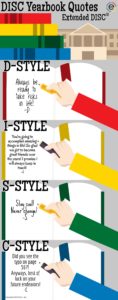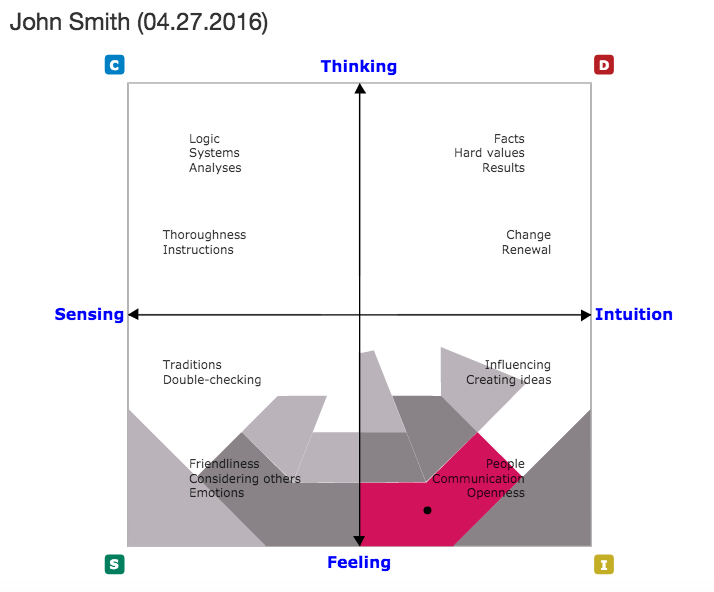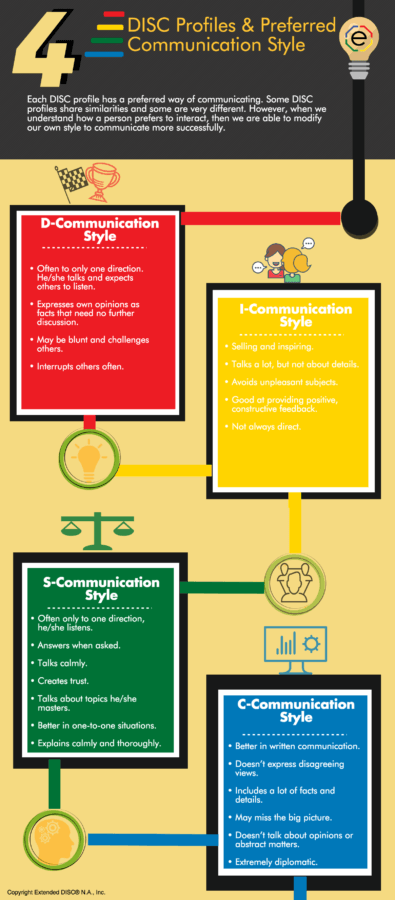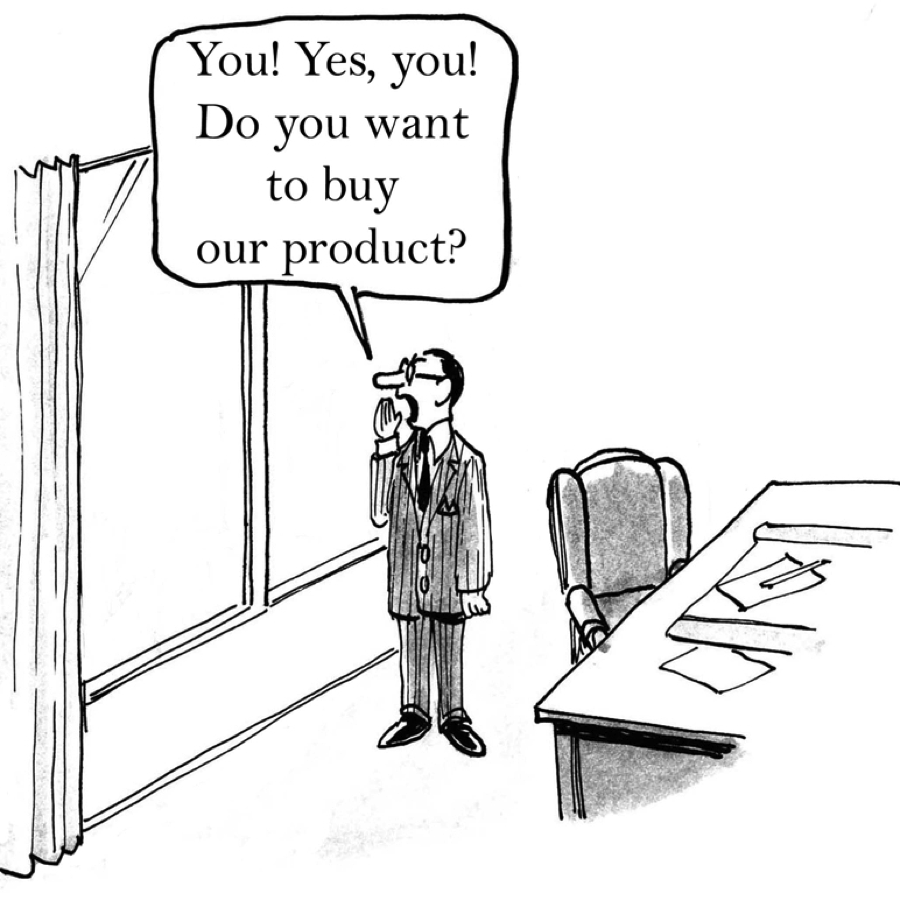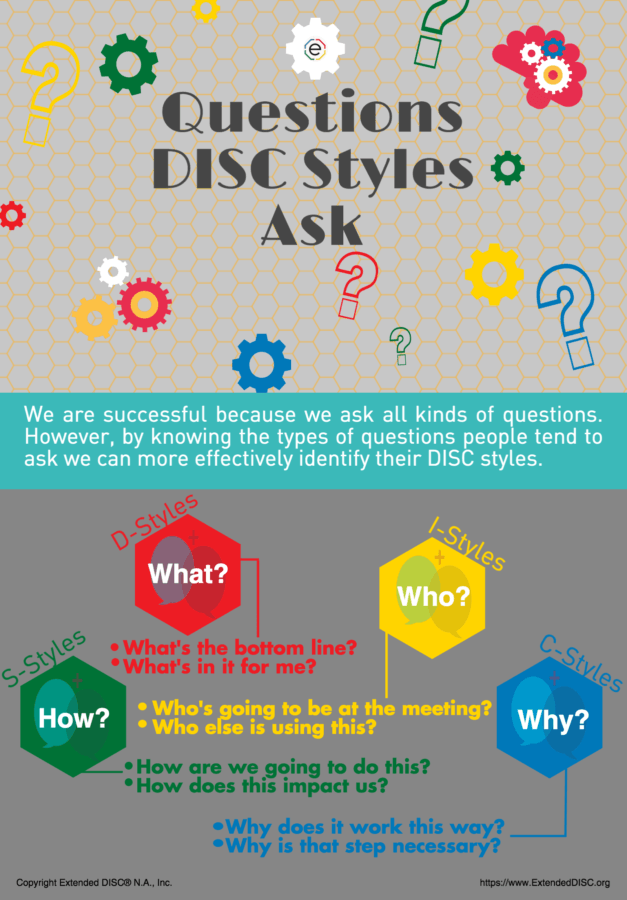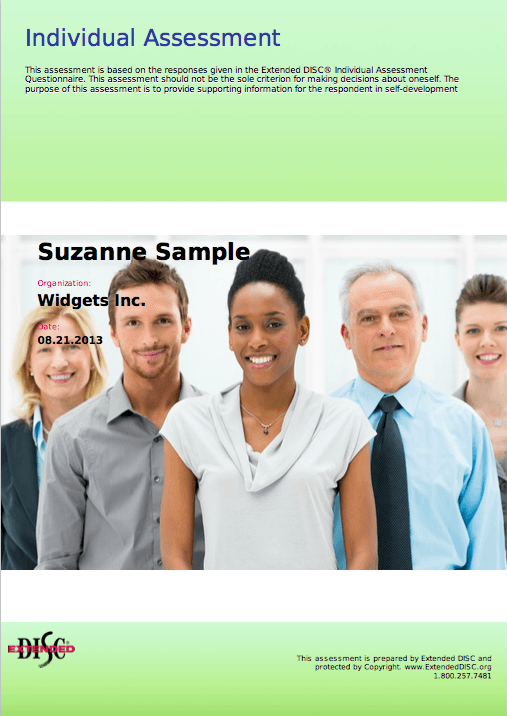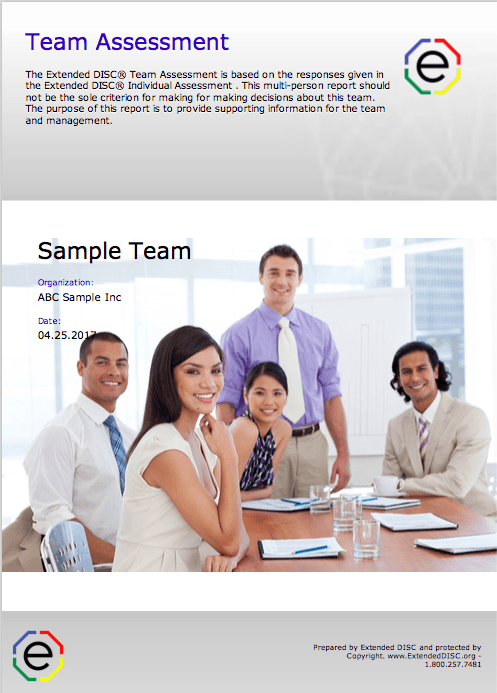
Team DISC Assessments are highly useful tools in helping identify a team's preferred way of doing things, natural strengths, and areas of development. In addition, team DISC reports can provide supporting information on how teams can work more effectively.
We rely on teamwork to get things done, but not all teams function smoothly. Teams need tools that help them to become more effective;


